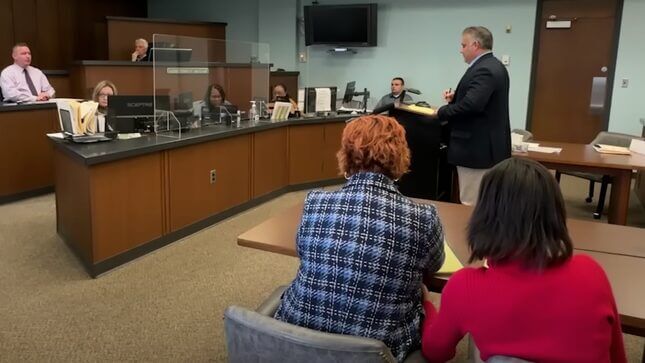Jury Decides Not to Prosecute Black Woman in Ohio for Having a Miscarriage
Brittany Watts’ case “shows us, depending on your identity, the state treats some losses as tragedies and other losses as crimes," an attorney said.


A grand jury in Trumbull County, Ohio, has decided not to charge Brittany Watts with a felony abuse of a corpse charge for having a miscarriage 22 weeks into her pregnancy, county prosecutors announced on Thursday. The decision comes after Watts’ case sparked national outrage that a Black woman was being criminalized for a common pregnancy experience like miscarriage, particularly in the aftermath of the fall of Roe v. Wade.
In a statement shared with Jezebel, Yveka Pierre, senior litigation counsel at If/When How, called the decision from the jury a “relief” that ends “the wrongful and dehumanizing case against Brittany Watts.” But Pierre, who worked with Watts’ legal team on her case, still remains frustrated that Watts’ life was turned upside down by this felony charge in the first place: “This decision does not erase the harm that Brittany had experienced as the result of this case. Brittany should have been able to focus on taking care of herself after her pregnancy loss,” she said. “She should have been able to process, and grieve with her family and community. Instead, she was arrested and charged with a felony.”
“From the start of this case, I have argued that the charge was not supported by Ohio law and that Brittany was being demonized for something that takes place in the privacy of women’s homes regularly,” Watts’ attorney, Traci Timko, said in a statement. “No matter how shocking or disturbing it may sound when presented in a public forum, it is simply the devastating reality of miscarriage.”
-

-

-

-

-

-

-

-

-

-

-

-

-

-

-

-

-

-

-

-

-

-

-

-

-

-

-

-

-

-

-

-

-

-

-

-

-

-

-

-








































